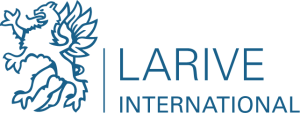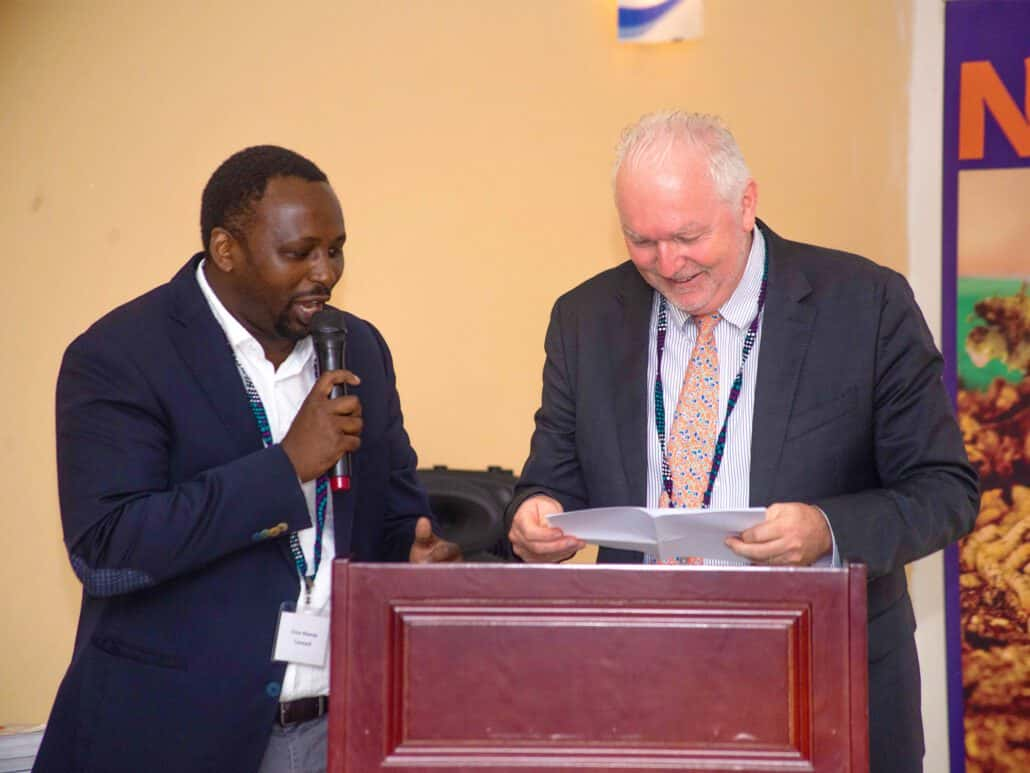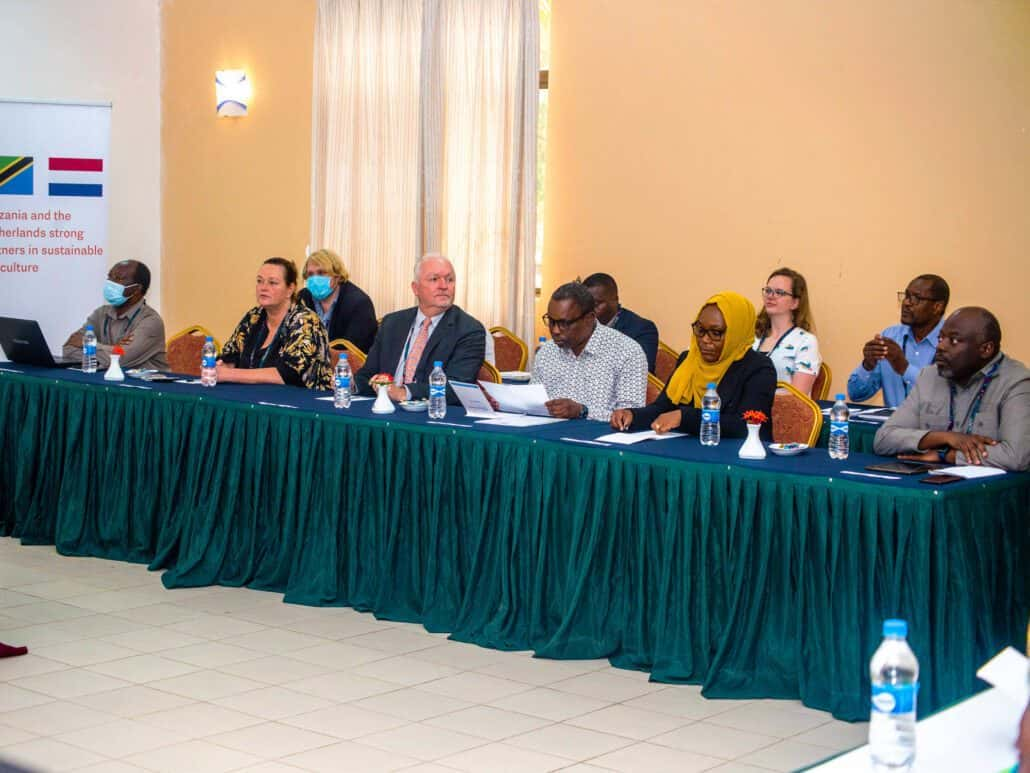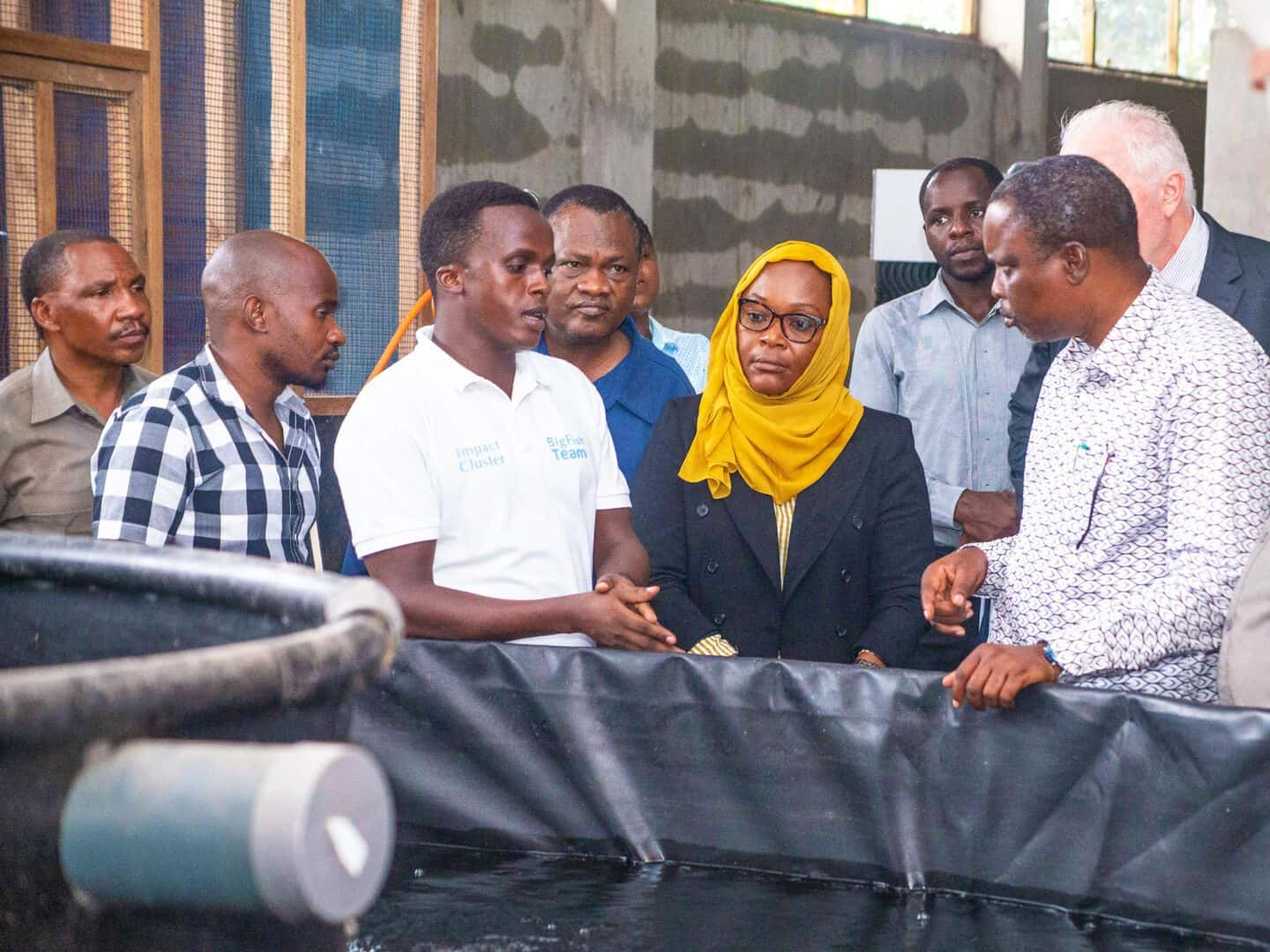Access to affordable and quality animal feeds is the largest constraint to animal productivity in Tanzania. The feed industry relies on a narrow range of raw materials, which poses a risk, as the costs of these raw materials are rising and the availability is decreasing. As the feed sector is an essential part of the livestock industry, these fluctuations could jeopardize the production of poultry, cattle, piggery, and fish. The use of protein alternatives, including waste streams, has the potential to lower the feed costs in Tanzania and to enable the feed sector to become more circular and resilient.
On behalf of the Netherlands Enterprise Agency and the Embassy of the Kingdom of the Netherlands in Dar es Salaam, Larive International, Lattice Aquaculture and Transcend are executing a study to provide insights into the nutritional, technical and commercial potential of alternative protein ingredients for animal feed in Tanzania. The project is currently ongoing and the full report is expected by March 2022.
“This project is an example of the close cooperation between the Netherlands and Tanzania. Applying Dutch expertise appropriate in the Tanzanian local context can unlock the potential of the Tanzanian feed market in a more circular fashion.”
– H.E. Ambassador Wiebe de Boer
On the 21st January 2022, Larive, Lattice and Transcend presented the preliminary findings of the study at the South Beach Hotel in Kigamboni. Stakeholders from the private sector (animal feed millers, animal feed suppliers and animal feed associations) and the public sector both attended the event. Hon. Minister of Livestock Mashimba Ndaki together with H.E. Ambassador Wiebe de Boer shared opening remarks for the workshop and highlighted the need for a transformative and sustainable animal feed sector. The representatives of the Embassy and the Ministry continued with a visit to BigFish farm. BigFish farm in Dar es Salaam is a demonstration fish farm that showcases an integrated approach to fish farming, including innovative recirculation-based systems, improved genetics and high-quality construction materials. BigFish is part of the FoodTechAfrica consortium.
The main challenge in the animal feed processing industry
The consumption of animal protein in Tanzania mainly consists of poultry, beef, pork and fish. The production quantity is estimated as follows: poultry production (2020) 103,000 MT; beef production (2019) 506,798 MT; pork production (2017) 38,377 MT; and fish production (2017) 364,800 MT (10,317 aquaculture).
The poultry industry is expected to expand vastly, requiring 18 MN MT of feed per annum by 2050. Animal feeds are mentioned as the largest constraint to animal productivity improvement by the Tanzanian government in its Second Phase of the Agricultural Sector Development Program (ASDP II). To highlight this, the need for local fish feed production was mentioned as the most important constraint for aquaculture sector development by Deputy Minister for Livestock and Fisheries Hon. Abdallah Hamis Ulega. Furthermore, the Aquaculture Association of Tanzania also mentioned feed as the sector’s most significant challenge during Aquaculture Working Group Discussions.
In Tanzania, the feed industry relies heavily on a narrow protein source base, namely fishmeal and soybean meal. Soybean meal has been a major source of protein for feed millers in Tanzania. Most soybean meal is imported from Zambia and Malawi, but the availability of soybean meal is decreasing, and the prices are rising, directly impacting feed prices. In 2020, soybean meal sold for USD 0.76 / kg, in 2021 the price had risen to USD 1 / kg.
Solutions to conventional ingredients for animal feed
The preliminary study findings pointed out alternative feed ingredients that have not previously been used in Tanzania on a commercial scale. The sources include Cattle Blood Meal, Black Soldier Fly Larvae (BSFL), Brewer’s Yeast and Cashewnut Reject Meal. These ingredients require additional research to discover their full potential and to determine the maximum level of inclusion. A successful alternative protein substitute has an adequate supply, is readily available, is affordable and has proper nutrient levels. Furthermore, it should not contain high levels of tannins, oligosaccharides and enzyme inhibitors which affect growth. In this study, there is a special focus on circular alternative proteins. Alternative ingredients were assessed on their quality, consistency, price, volume, and growth potential.
The Netherlands has extensive experience with animal feeds, companies exporting and producing feeds worldwide. Several Dutch companies are already active in Tanzania and more have shown interest. The Dutch feed sector has a strong interest and experience in processing alternative raw materials in Tanzania, which offers opportunities for further collaboration in the future.
“The Netherlands has great expertise in the field of animal feed and finding sustainable solutions. We believe in combining the strengths of both Dutch and East-African partners.”
– H.E. Ambassador Wiebe de Boer
Related readings
- Making money from maggots in Tanzania | Agroberichten Buitenland
- Turning waste into feed: improving agricultural circularity through algae | Agroberichten Buitenland
- World Bank | Tanzania Dairy and Poultry Sectors: Key constraints inhibiting competitiveness.
- FeedTechKenya: Empowering the feed sector in Kenya | Agroberichten Buitenland
- Innovative with Insects | Agroberichten Buitenland
For more information about the study please email Ivo van der Lee ([email protected]).
